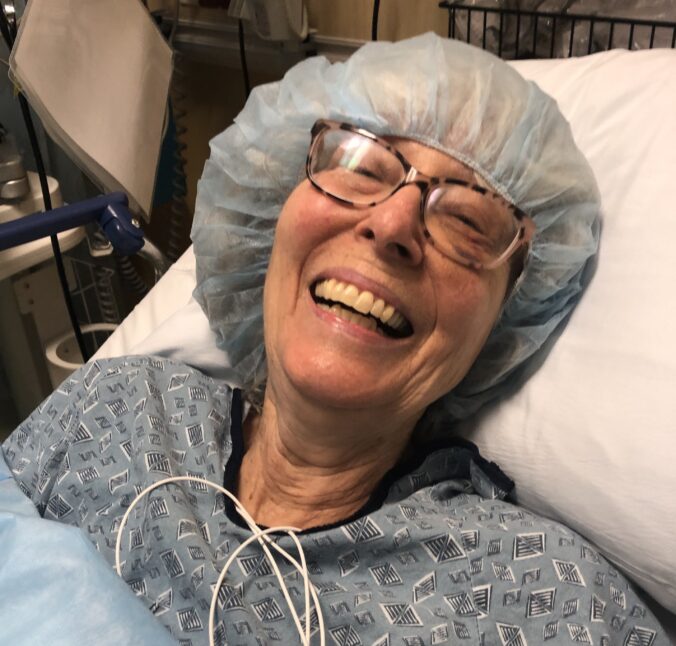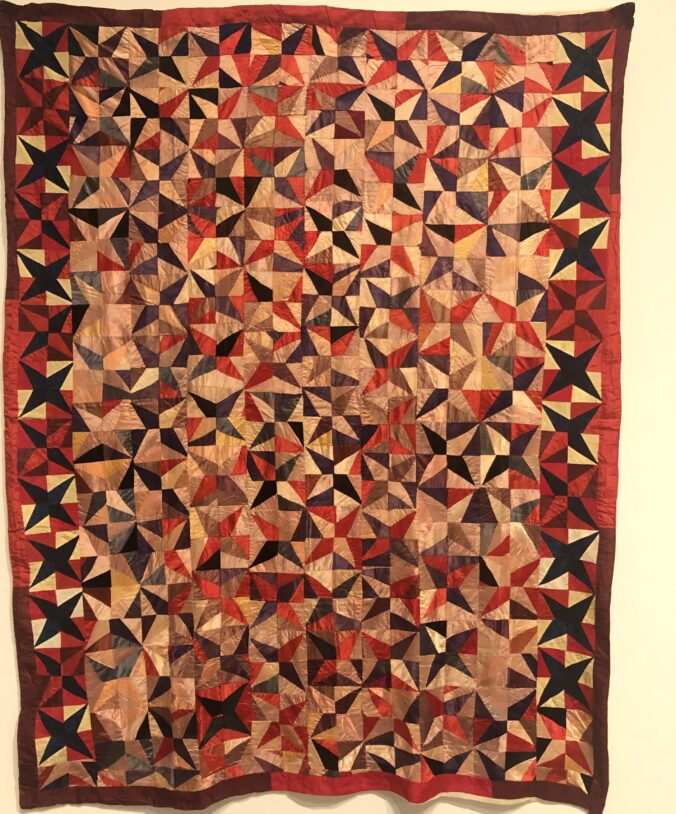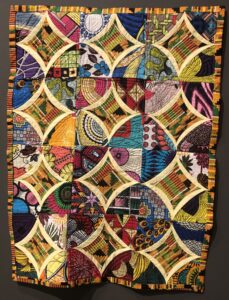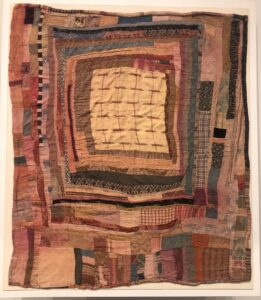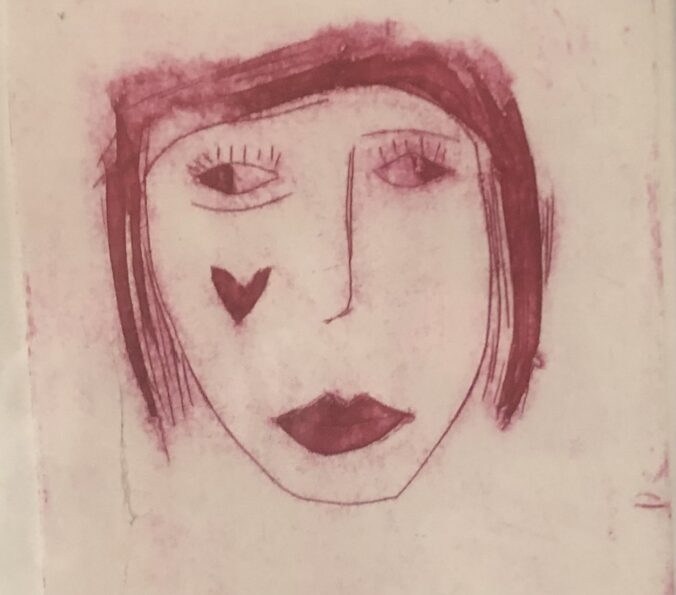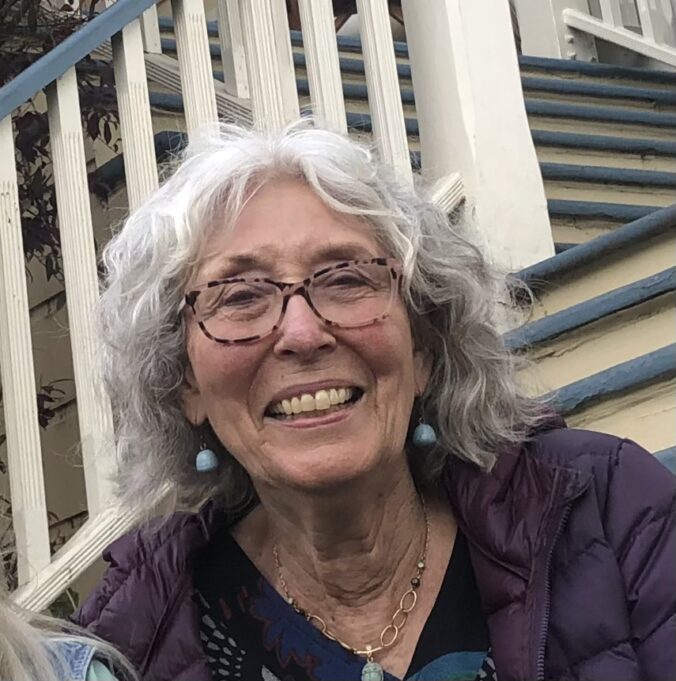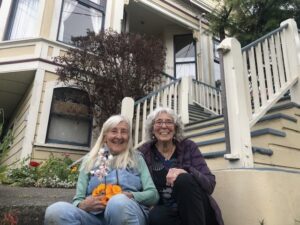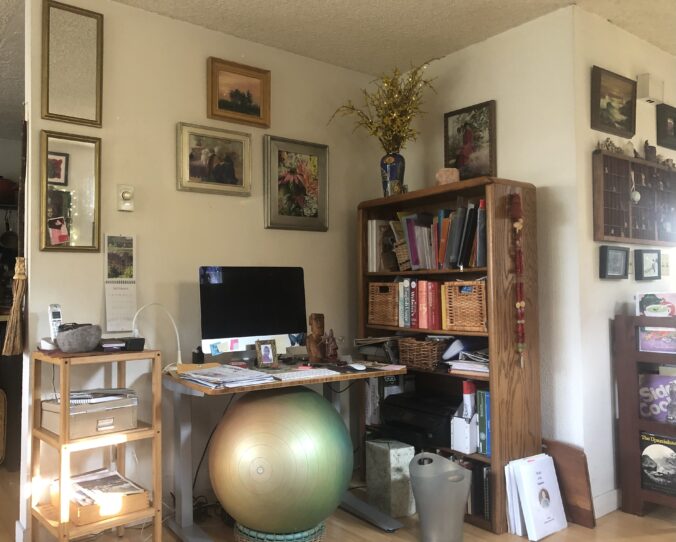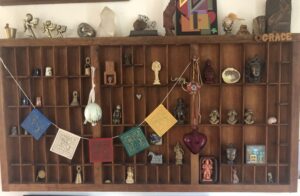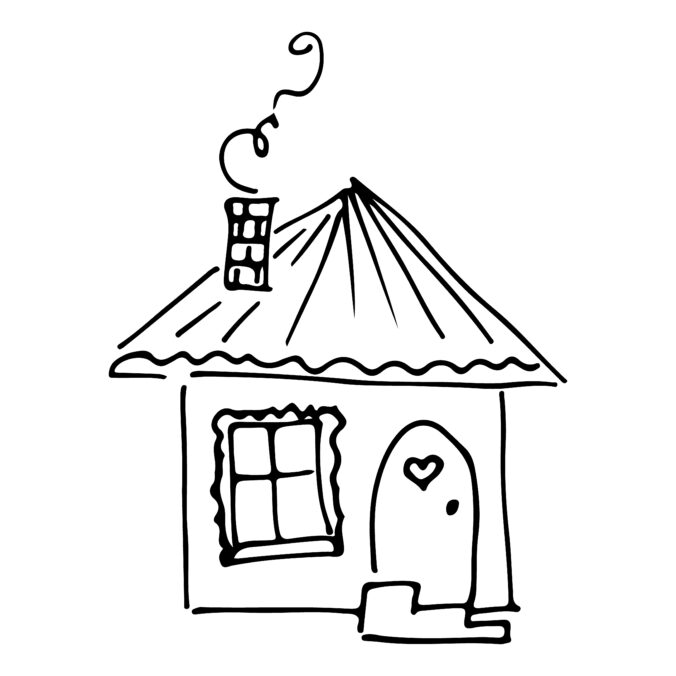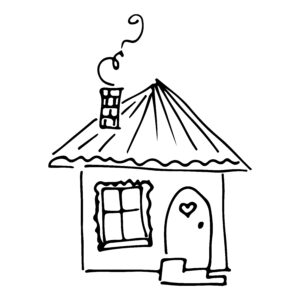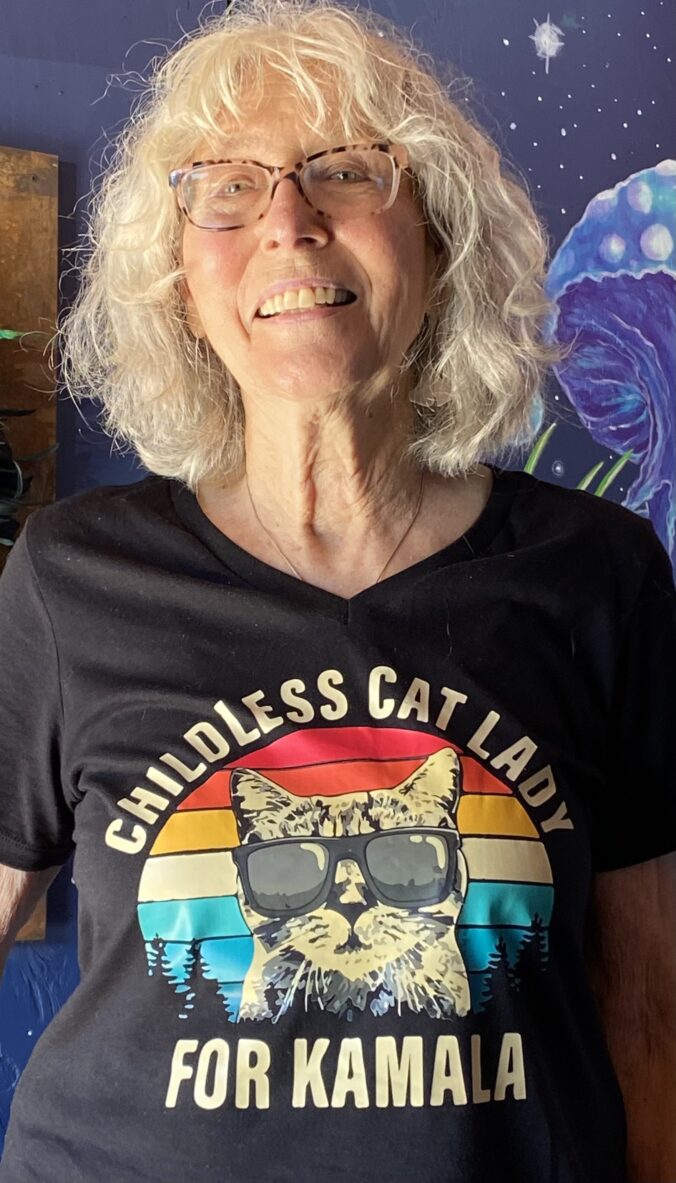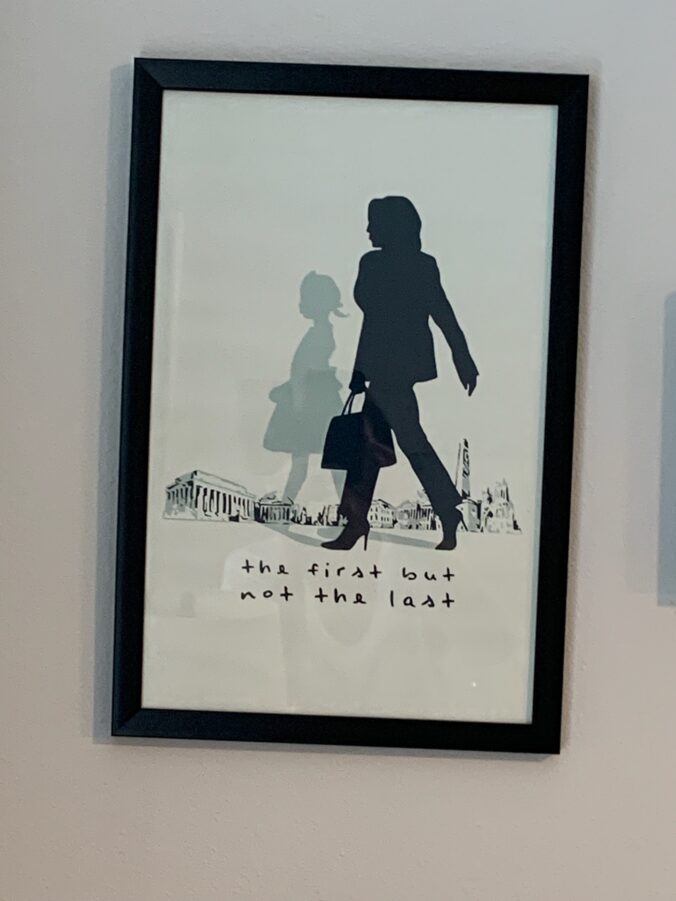One night two and a half weeks ago I took a spill—a bad spill!—on the sidewalks of Oakland. I was asked if I wanted an ambulance, but I was nervous about my new medical insurance, and I knew that ambulances can be quite pricy: $1,000 or $2000, easily. So, I looked at my discombobulated right wrist and said, “Maybe it’ll feel better in the morning!” The thing about broken bones, however, is that they do not heal overnight.
The next morning my housemate dropped me off at the Kaiser Permanente emergency facility in Oakland, and I had an upfront and personal experience of my new medical insurance. In my considered opinion, Kaiser is great insurance! My first smile of the day was when the nurse at reception told me, “I see some X-rays in your future.” (I think humor is always helpful.) But I received my first sign of just how first-rate Kaiser is when an aide called my name in the waiting room and noticed me waiver as I stood up. Immediately, she asked me, “Do you need a wheelchair?”
“I would be so grateful,” I said.
“Sit down while I get it,” she said. “I’ll be right back.” And she was.
I was in the emergency facility for five hours. I had a total of seven X-rays on my right wrist and knee, a C-T scan on my brain (because I’d hit my head the night before and clearly had the beginnings of a black eye) and another C-T scan on my wrist just to verify what they’d seen before. I saw several nurses and medical technicians, two or three doctors, and a surgeon weighed in as well. My arm was put into a Fiberglas cast and a sling, and my right leg was put into a brace so I won’t bend the broken kneecap, and it can, hopefully, heal on its own.
Everyone I met was superb—so competent and clear and upbeat!
Because I have the right insurance, the whole thing cost me $225. With the wrong insurance, I figure that it could have run into thousands. (With many insurances, just a C-T scan costs the patient $300 to $800. I had two of these scans.)
The surgery on my wrist was a week later. The same excellent care at about the same cost.
One of the reasons, this experience is so gripping for me is that my coverage by Kaiser had begun only a week before I took that fall. One week! For the month before that, I’d had what I described to friends as “the insurance from hell.” I won’t name that earlier insurance company, but I will tell you a little bit about my experience with them.
I was signed up over the phone by a certified insurance agent. I’d just moved to Oakland, and the medical insurance I’d had in Washington wasn’t going to work in California. Because of the move and my age, I was no longer going to be able to get the kind of insurance where you pick your own doctor. I needed an HMO. I’d had a bad experience with Kaiser in Hawaii some sixty years before, so I told this agent, “Anyone but Kaiser!” The agent never questioned that. He spoke with me for a few minutes and suggested this other insurance company. With what was obviously insufficient information and thought, I signed on. The young man I was speaking with assigned me to a doctor in their system, and within a week I had received in the mail a plastic card with my name and the doctor’s name on it.
The first problem came when I tried to make an appointment to see that doctor. No one at the company’s local facility had ever heard of her. I went online and found out that she has an active medical practice in Minnesota.
I called the insurance company and pointed out that this would be too far from me to travel for an appointment. The man I spoke with that time said, “There is one doctor you can see in Oakland.” He gave me the doctor’s name, and while the agent was ordering me a new card, I looked this doctor up online.
He had three reviews. One said, “He is great doctor!” The next said, “This office is filthy.” The third said, “I am a healthcare professional, and I have never seen a more poorly managed medical practice.”
When the agent got back to the phone, I told him that I would not consult this doctor under any circumstances. At that point the agent said that I could see a doctor in Berkeley. We found a doctor who looked fine online, and shortly, I received a new card with the new doctor’s name on it. I then spent two weeks trying to get authorization to make an appointment to see this new doctor. I was unsuccessful.
This particular medical group has a practice of not allowing new members to make direct calls to medical offices. I had to leave a message and ask that the office call me back at their convenience. They always seem to call in the middle of a hatha yoga class or when I was on Zoom with a client…
One morning in meditation, I realized that this medical insurance had been a huge mistake and that I still had time to sign up for another insurance for 2026—and, in fact, for December 2025. I realized, too, that everyone I currently know who has Kaiser Permanente loves it, and that I needed to rise above my experience from sixty years ago. I am so grateful that I did.
PS I found out later that Kaiser would have covered the ambulance.
